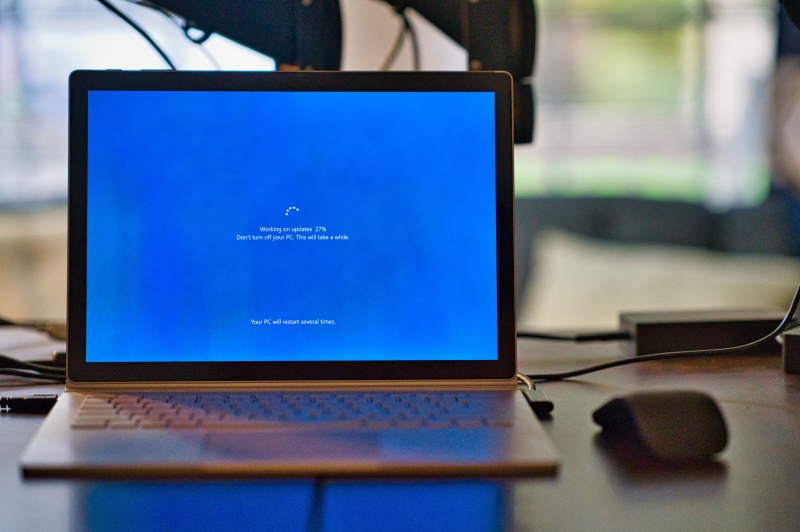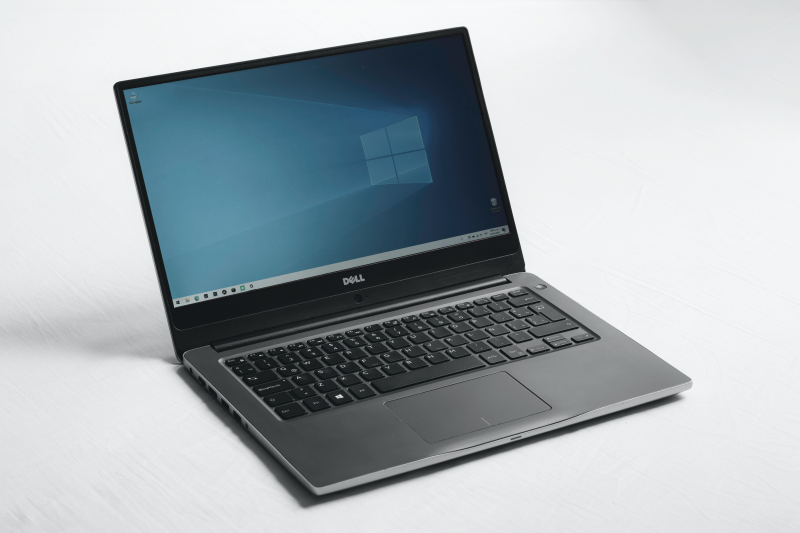Bootloader
The bootloader, also known as the boot manager, is a program executed by the computer's firmware to load the operating system when the system is powered on. It is essential for managing the process of booting the computer.
UEFI (Unified Extensible Firmware Interface) and BIOS (Basic Input/Output System) are two different types of bootloaders. UEFI, a modern replacement for BIOS, provides several advantages over its predecessor. UEFI supports larger hard drives, faster boot times, and strong security features like Secure Boot. UEFI stores boot information in an EFI system partition, allowing for greater flexibility in handling multiple operating systems. In contrast, BIOS has limitations in modern operating systems and does not support Secure Boot or flexible partitioning.
When updating BIOS firmware and managing system information, understanding the differences between BIOS and UEFI is crucial for efficiently running modern computer systems. By grasping the nuances of these bootloaders, users can effectively navigate the intricacies of their computer system and optimize its performance.
In conclusion, the shift from BIOS to UEFI represents an important upgrade in computer technology. With UEFI paving the way for modern operating systems, it is clear that a comprehensive understanding of the differences between BIOS and UEFI is essential for optimizing the functionality and security of computer systems.












